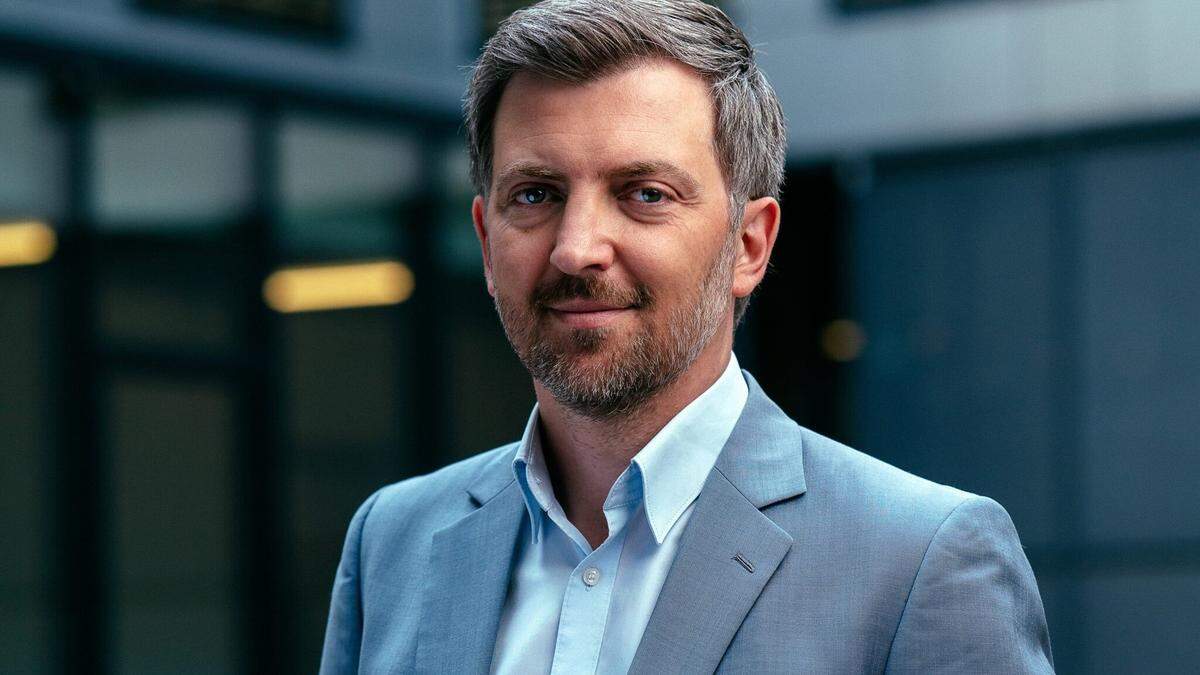Science in Luxembourg: Tackling conspiracy theories

From harmless to dangerous, conspiracy theories have been gaining steady ground in our societies and surveys find that about half of respondents believe in some type of conspiracy theory, University of Luxembourg researchers said.
Political Science Prof. Josip Glaurdić and post-doctoral researcher Christophe Lesschaeve have collected data about Covid conspiracy theories in Bosnia-Herzegovina, Croatia, and Serbia and said that similar trends can be observed around the world.
Rise of conspiracy theories
A conspiracy theory is not a mere concern about truth. As Lesschaeve explains, conspiracies “claim that a certain aspect of reality is being pervasively lied about to people. It’s the idea that a secretive group enacts a specific harmful agenda, which is usually control over the population or a means to make profits.” These types of theories often, but not always, tend to latch onto dramatic events such as the murder of US President John F. Kennedy or the global Covid-19 pandemic.
But what used to be a fringe phenomenon has become widespread thanks to the communications revolution that brought us the Internet and social media, and politicians who proudly claim their belief in conspiracies and spread them, the academics said.
“Conspiracy theories have existed from time immemorial. People have always tried to explain how power works, with theories about the Bilderberg group or the Freemasons. But it is a novelty of the last decade seeing mainstream politicians, who have access to power and are elected officials, that don’t just dabble in conspiratorial thinking but openly endorse it,” Glaurdić said.
Political ideologies
While people with less education and social status have been linked with belief in conspiracy theories, research shows that all social strata are susceptible to them, Glaurdić said. Similarly, wealthy countries are not exempt from the surge in conspiratorial thinking.
This is because conspiracy theories fills a gap in the human psyche, Lesschaeve said.
“They often try to satisfy a certain need that people have, like the need for understanding how reality works and to have a sense of control. Especially during the pandemic, people were wondering how a virus could make the world grind to a halt in a matter of weeks,” he said.
When it comes to political views, the researchers found a correlation between nationalism or populism and belief in conspiracies.
University of Luxembourg post-doctoral researcher Christophe Lesschaeve © Photo credit: University of Luxembourg
“To some extent, we explain it by the content of the ideology itself, as nationalism and populism are very antagonistic ideologies which divide the world into us versus them rhetoric” Lesschaeve said.
The effect of conspiratorial thinking on the upcoming EU elections is less clear cut, since they are “an electoral competition in 27 countries. And, empirically, we know that overwhelmingly, people vote along the lines that are already drawn domestically,” Glaurdić said. So while conspiracies can make an impact on the margins, they should not make a big electoral difference.
Mitigation
One thing is clear, conspiracy theories are not going anywhere. So what to do about them? “Our societies and politicians need to think really hard about the liability of internet networks and platforms that allow users to peddle conspiracy theories,” Glaurdić said.
Politicians are going to have to tread a fine line that doesn’t stifle freedom of speech while recognising that doesn’t mean you can say anything.
“QAnon is not freedom of speech. Saying that Hillary Clinton runs a cabal of paedophiles who drink children’s blood is not freedom of speech. That’s libel, clear and simple” the professor said.
What makes the fight between truth and lies insidious in the age of the Internet is that even if you block conspiracies on one channel, they will find another way, the researchers said.
“So it’s very difficult, but just as we still tried everything we could with Covid and still tried to vaccinate people, we need to try to educate people. We just have to keep doing it. It’s a constant battle that we’re going to have to conduct,” Glaurdić said.


